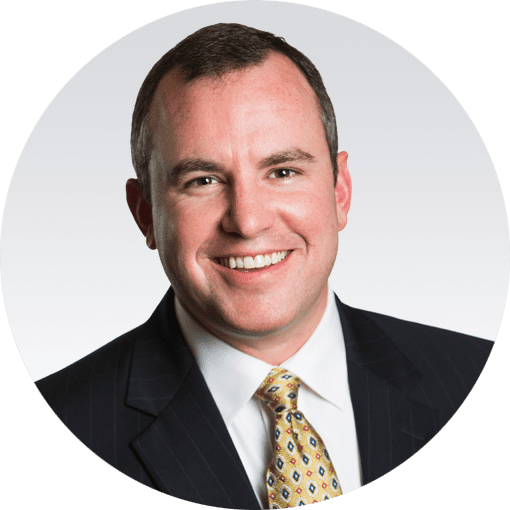
Cornea Care at Triad Eye Institute
Cornea Infections
Sometimes the cornea is damaged after a foreign object has penetrated the tissue, such as from a poke in the eye. At other times, bacteria or fungi from a contaminated contact lens can pass into the cornea. Situations like these can cause painful inflammation and cornea infections called keratitis. These infections can reduce visual clarity, produce corneal discharges, and perhaps erode the cornea. Cornea infections can also lead to corneal scarring, which can impair vision and may require a cornea transplant.
Cornea Transplant
A cornea transplant involves replacing a diseased or scarred cornea with a new one. When the cornea becomes cloudy, light cannot penetrate the eye to reach the light-sensitive retina. Poor vision or blindness may result.
DSEK – Endothelial Transplant
DSEK (Descemet’s Stripping Endothelial Keratoplasty) is a relatively new type of partial-thickness corneal graft operation in which only the inner endothelial cell layer is replaced, instead of the entire thickness of the cornea. DSEK differs from the PK (Penetrating Keratoplasty) procedure, where the entire endothelial cell layer is replaced.
INTACS
Triad Eye Institute’s Cornea Specialist, Dr. Ryan P. Conley, uses the iFS Femtosecond laser
to insert INTACS into the cornea for the treatment of keratoconus. INTACS reshape the cornea to correct vision. In the case of keratoconus, INTACS smoothes out the curvature of the cornea,
allowing the prescription to be comfortably corrected with contact lenses or glasses. The goal with
keratoconus is to possibly delay the need for a cornea transplant.
PTK – Phototherapeutic Keratectomy
Phototherapeutic keratectomy (PTK) is one of the latest advances in eye care for the treatment of corneal dystrophies, corneal scars, and certain corneal infections. Only a short time ago, people with these disorders would most likely have needed a corneal transplant.
Meet Dr. Conley
Ryan P. Conley, D.O. is fellowship-trained and board-certified ophthalmologist specializing in corneal transplant procedures at Triad Eye Institute.
He also performs LASIK blade-free vision correction, LenSx laser-assisted cataract surgery and refractive lens implant surgeries.
Dr. Conley is a member of the American Academy of Ophthalmology, American Osteopathic College of Ophthalmology Otolaryngology Head and Neck Surgery, American Society of Cataract and Refractive Surgery, American Osteopathic Association, and Oklahoma Osteopathic Association.

